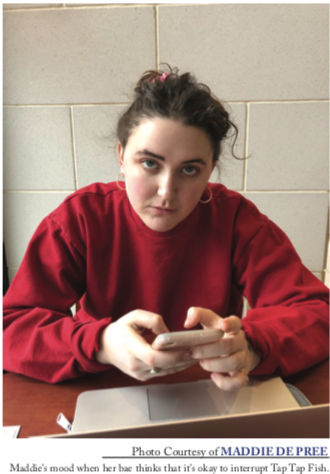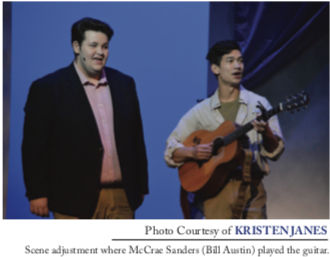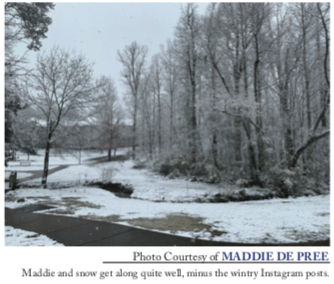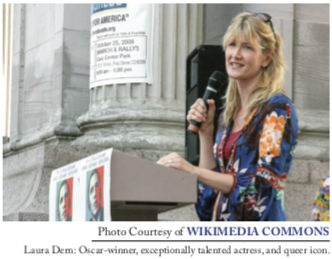It might not be too far wrong to say that William Shakespeare’s “Romeo and Juliet” is the greatest love story in the English language. It’s not that Shakespeare says anything more profound about love than has been said countless times in literature. But the language he creates to express that love is incandescent.
One has to have a heart of stone not to be moved by Romeo’s lines upon first seeing Juliet:
Oh, she doth teach the torches to burn bright!
It seems she hangs upon the cheek of night
As a rich jewel in an Ethiop’s ear:
Beauty too rich for use, for earth too dear.
And one must be cold indeed to have forgotten the exquisite pain of self-doubt and misgiving that young love occasions, and which Juliet expresses memorably in confessing her love to Romeo:
O gentle Romeo,
If thou dost love, pronounce it faithfully,
Or if thou thinkest I am too quickly won,
I’ll frown and be perverse and say thee nay
So thou wilt woo—but else not for the world.
Shakespeare gives us a vivid sense of what love is like the first time we feel it. He makes us believe Romeo and Juliet’s love is real and that it is different from the loves described in the stale conventions of the poetry of his time.
What Romeo and Juliet feel for one another is immediate and bodily. But it is also spiritual and true. It is mere perversity not to see that Shakespeare understands his star-crossed lovers to be genuinely in love.
That Shakespeare knows such love does not last long — it either changes or it dies — does not mean he doesn’t expect us to see it as the real thing. (Too much great poetry would otherwise be wasted.) And he expects us to lament that true love’s demise when it comes.
But our appreciation of the play’s idealized love story overshadows something equally important. “Romeo and Juliet” is set in a real and murderous place, “fair Verona.” And the city’s social problems not only provide the backdrop for its love story; they, in fact, condition and shape it.
Consider Shakespeare’s first scene. The play begins with young men fighting what seems to be an endless battle between and among themselves. The conflict between the Capulets and the Montagues is one that never ends — and never ends well. Romeo and Juliet are not the victims of that feud — they are the sacrifice Veronese society makes to continue enjoying its pleasures.
Because men cannot stop fighting one another, the young must be killed.
Of course, Shakespeare famously ends the play with the two warring patriarchs, Capulet and Montague, burying their hatred and erecting a golden statue to their children. But if the characters of the play see that statue as the sure sign of the old men’s change of heart and redemption, perhaps the audience should not. It is too little, too late.
Romeo and Juliet, then, are not transcendent examples of a love that stands outside the social world — the romantic reading the play seems to invite through its magnificent poetry and delicate sensibility. What the play really shows is that love exists within and can be destroyed by the social world in which it unfolds.
For every image of light and love in the play, Shakespeare counters with images of darkness. Indeed, Romeo and Juliet’s love is like lightning — brilliant, brief and most visible against the darkness surrounding it.
The production of “Romeo and Juliet” that opens March 29 at the Furman Playhouse invites us to think about such issues. It asks us to examine not only the young couple’s love, but the social conditions in which that love comes into being.
It is set in a warring world in which children have to have bodyguards and religious figures cannot exert the necessary moral influence to stop the violence. The production shows the dark underside of the story that has been there all along, even if it has been too painful for us to see it fully.
“Romeo and Juliet” will show at the Furman Playhouse March 29 to April 1 and April 6 to April 8 at 8 p.m., and April 2, and 9 at 3 p.m.







































